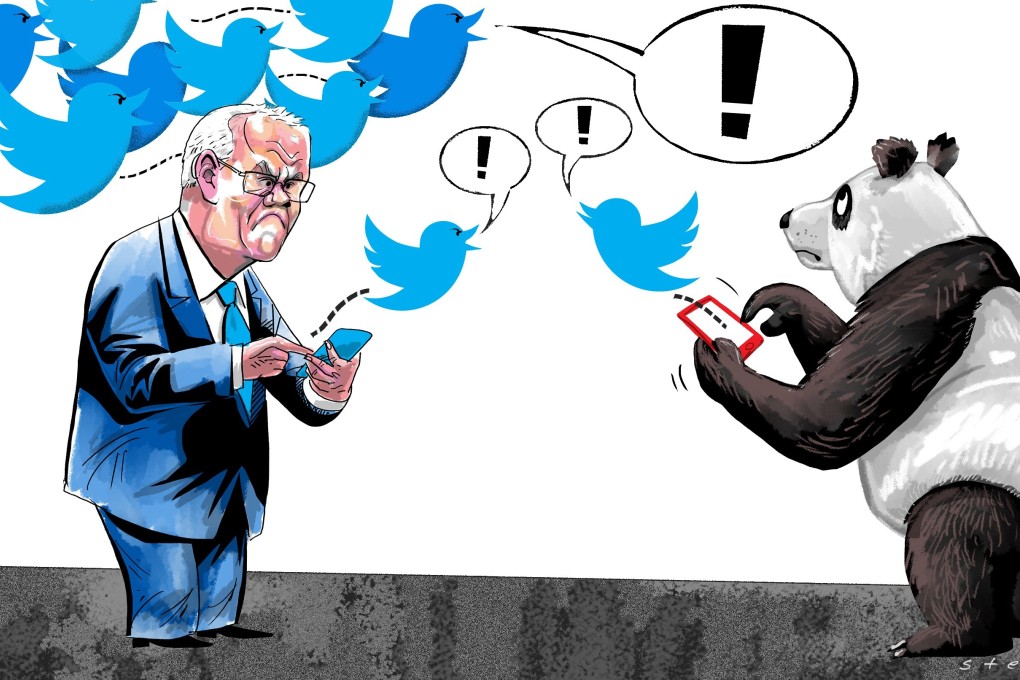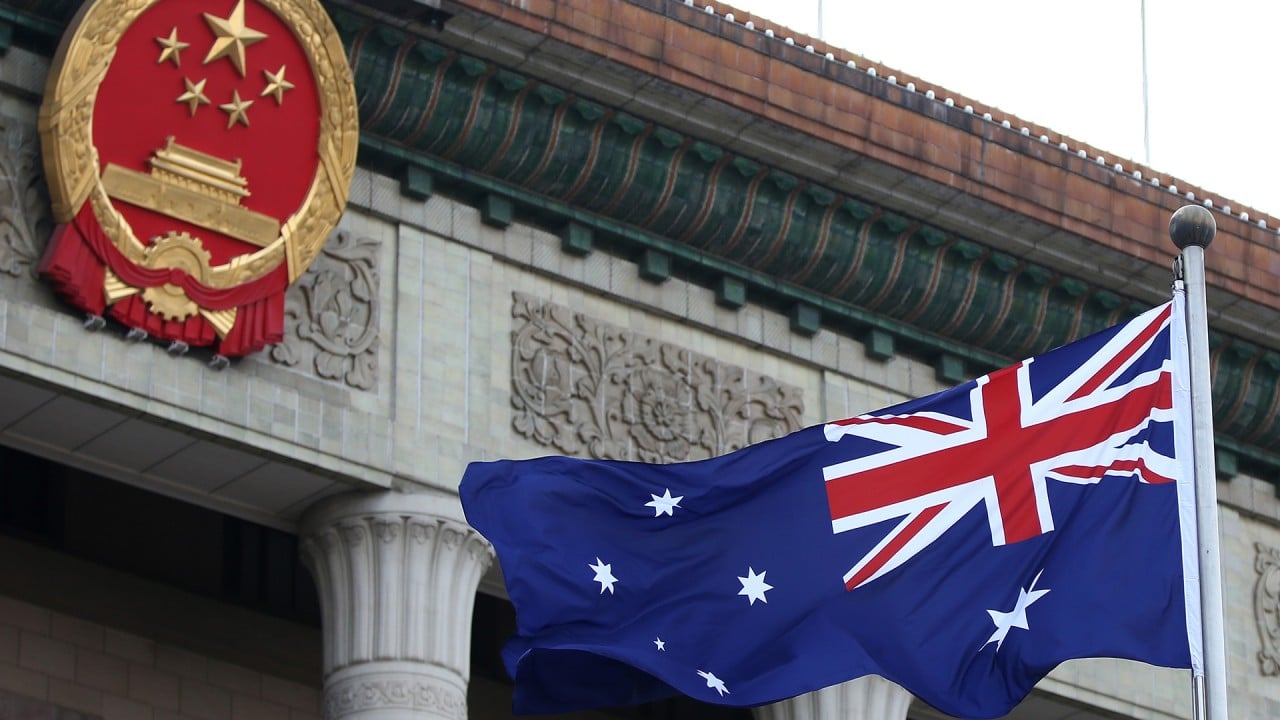Opinion | In Australia’s Twitter row with China, no surprise who the West sides with
- The dispute over Australian war crimes is just the latest in a long chain of disputes between Australia and China, and Canberra was probably upset that the boot is now on the other foot
- Australia’s allies have understandably taken its side. Such double standards in the West’s approach to China are nothing new

The findings were also reported by The Indian Express, Deutsche Welle and many other media outlets. Zhao’s tweet does not add much to the condemnation since the global press has already covered the report’s publication in great detail. But why was it only the Chinese criticism that triggered Australia’s outrage?

07:55
Australia ditched diplomacy for ‘adversarial approach’ to China and ‘a pat on the head’ from US
Second, Australia might also have felt wronged that, even though it took more accountability of its actions than others, it nevertheless appeared to have received more criticism. Prior to the publication of the Australia report, there were also claims of alleged war crimes committed by the US military in Afghanistan after the September 11 attacks, and by the British military in Iraq following the US-led invasion of the country.

